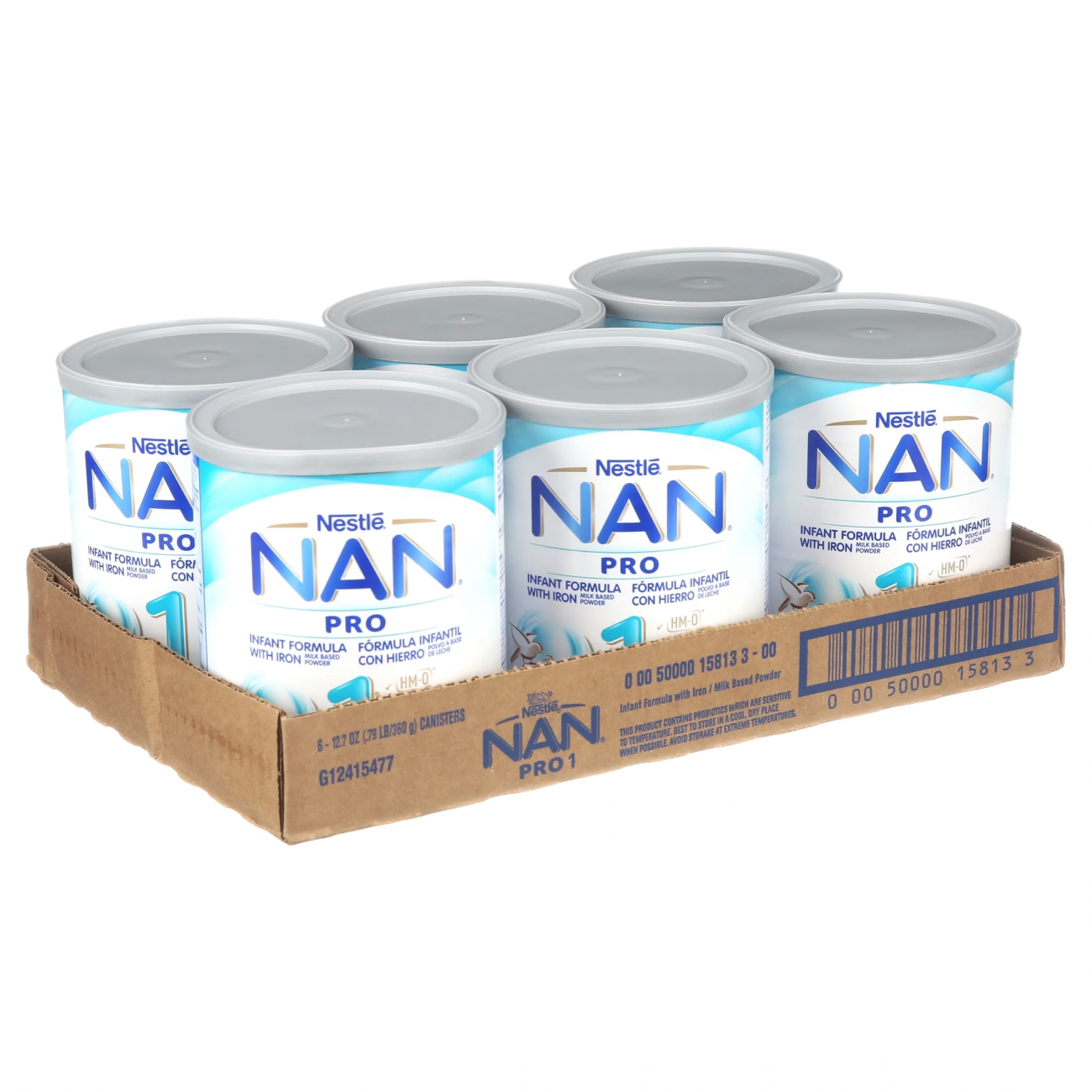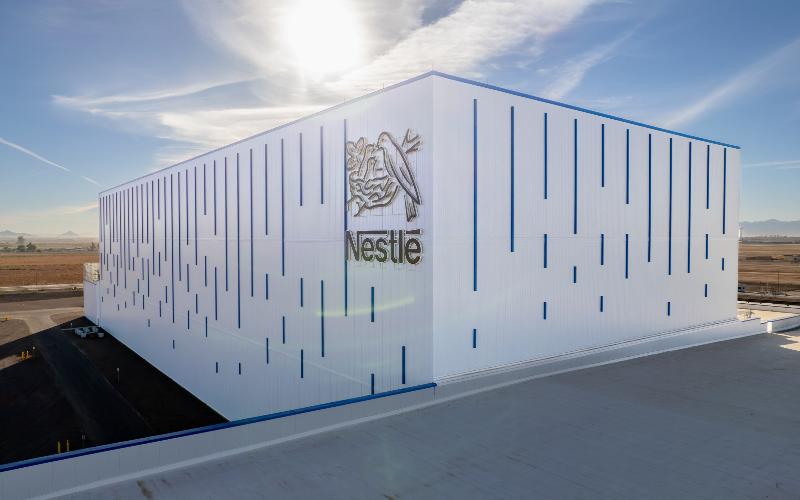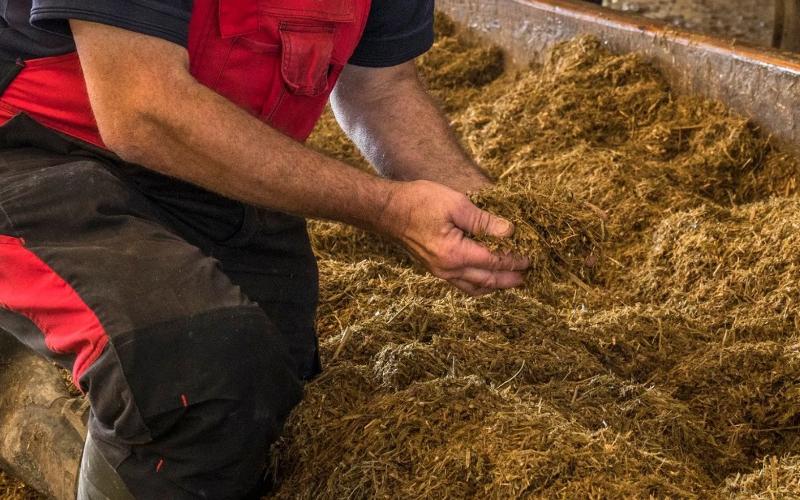Nestlé Chile Commences National Production of Infant Formula Under Nidal Brand

Strategic Decision for Sustainable Growth
The executive president of the company, Rodrigo Camacho, highlighted the strategic value of this decision, emphasizing the company's commitment to innovation, sustainable growth in the dairy industry, and economic and social contributions to the country.
Local Production Initiative
Nestlé Chile has started local production of infant formulas under its renowned Nidal brand at the Nestlé Cancura plant in Osorno, situated in the Los Lagos Region. This move establishes the plant as the sole national producer in this category in Chile.
This strategic decision aligns with the company's commitment to innovation, development of human capital, and national growth, alongside the constant pursuit of consumer solutions that provide affordable options while ensuring business availability, quality, and sustainability.
Investment and Implementation
With an investment exceeding one million dollars, this advancement initiated with Nidal 3 in April 2024, followed by the production of Nidal 1 in August, aimed at the National Complementary Feeding Program (PNAC). This program, implemented by the Ministry of Health, distributes through public clinics and hospitals nationwide, reaching 30,000 babies monthly.
Technological Advancements
The investment focused on technology improvements involved the implementation of a new production line, incorporating new processes, and adapting the packaging line at the factory. This allows for intensified control at all production stages, ensuring compliance with the highest quality and safety standards, reaffirming the company’s leadership in the industry.
Development and Strengthening of the National Dairy Market
The infant formula is crafted using fresh milk sourced from local producers in the southern part of the country, with whom Nestlé has fostered a strong relationship of trust over the years. Moreover, the company actively promotes the transition to regenerative agriculture practices, contributing not only to environmental sustainability but also to the economic and social development of communities involved in its value chain.
Additionally, local production of this product yields environmental benefits, strengthening a more sustainable value chain in the dairy industry by reducing the carbon footprint associated with the transportation of these products. The Cancura factory, inaugurated in 2012, has been recognized as the most modern in the national dairy industry. Currently, it employs 300 workers and has the capacity to produce 30,000 tons of powdered milk annually, establishing itself as an economic and social development engine in the southern part of the country.













